I love this CJ Hauser’s piece for The Guardian where she talks about dating now. Over the last year, my life has been lived through the lens of eating, and because of it, everything I read now somehow reads as an analog to food. In this great piece, Hauser has this beautiful bit (with emphasis mine) about a competition where robots attempt to fool humans into believing they’re real people—and how dating can sometimes feel that way:
I knew a little bit about how to proceed with my Tinder Turing tests from one of my favourite books – one I was teaching at the time: The Most Human Human, by Brian Christian. In this book, which I have read five times, Christian goes to participate in the world’s most famous Turing test, the Loebner prize in Brighton. He serves as a human blind, chatting with people through an interface, who then have to decide whether he is a human or a chatbot. The true point of the Loebner prize is to see whether any of the chatbots can convince the judges of their humanity – but as Christian’s title suggests, there is also a jokey prize offered to the human blind who the fewest participants mistake for a robot. Receiving the Most Human Human award was Christian’s goal. In the book, he asks: what could a human do with language that a robot could not? What are the ways of expressing ourselves which are the most surprisingly human? How do we recognise our fellow humans on the other side of the line? And so, as I attempted to find the lovely and interesting people I was sure were lurking behind the platitudes the average Tinder chat entails, I asked myself Christian’s question: how could I both be a person who understood she was online, on Tinder, but still communicate like a humane human being? What could I do that a robot couldn’t?
In the same way Brian Christian wants to be the Most Human Human, I sometimes think about what it takes for a meal to transcend food. There are many questions that play in this thinking. As a writer of books, I used to fantasize about ways of putting my books into people’s hands when they’re most ready for it.
As I think about food now, more questions come to mind. Do we like who we are with? Is it our version of Proust’s tea and madeleines? Have we felt loved or had sex recently, or is what’s on our plate our primary source for satisfaction? Can we make it ourselves? Have we tried to make something like it? Does it conceal time? Is it cheap—but feel like a luxury? Can we share it? Does it make us think of someone we admire?
It goes on:
The chapter I have always loved most in Christian’s book is the one about Garry Kasparov “losing” at chess to Deep Blue, IBM’s chess-playing computer. Christian explains the chess concept of playing “in book”. In short, the book is the known series of chess moves that should be played in sequence to optimise success. In most high-level chess matches, the first part of any game is played “in book” and a smart observer will know which moves will follow which until a certain amount of complexity and chaos necessitates improvisation – at which point the players begin to play in earnest. Some might say, as themselves. Kasparov holds that he did not lose to Deep Blue because the game was still in book when he made his fatal error and so, while he flubbed the script, he never truly even played against the algorithmic mind of his opponent.
In this chapter, Christian makes a brilliant comparison between most polite conversation, small talk, and “the book”, arguing that true human interaction doesn’t start happening until one or both of the participants diverge from their scripts of culturally defined pleasantries. The book is necessary in some ways, as it is in chess (Bobby Fischer would disagree), in order to launch us into these deeper, realer conversations. But it is all too easy to have an entire conversation without leaving the book these days – to talk without accessing the other person’s specific humanity.
And it’s the same with our meals, where deviation and routine mix to create magic—one bite at a time.
